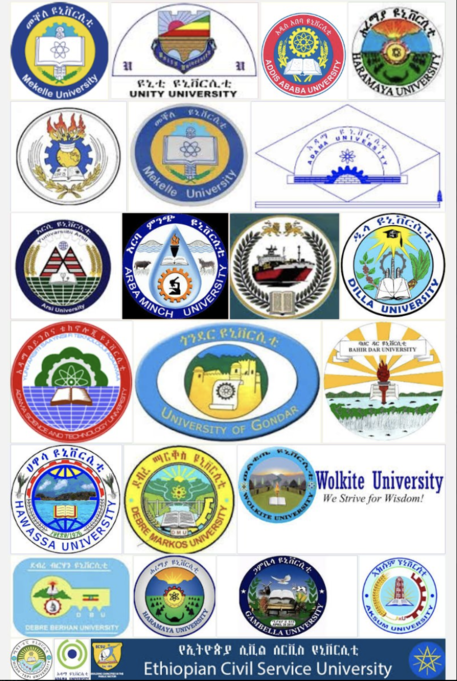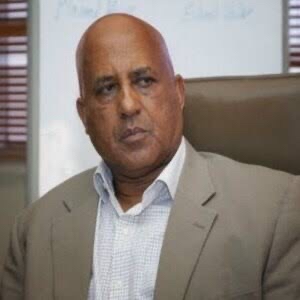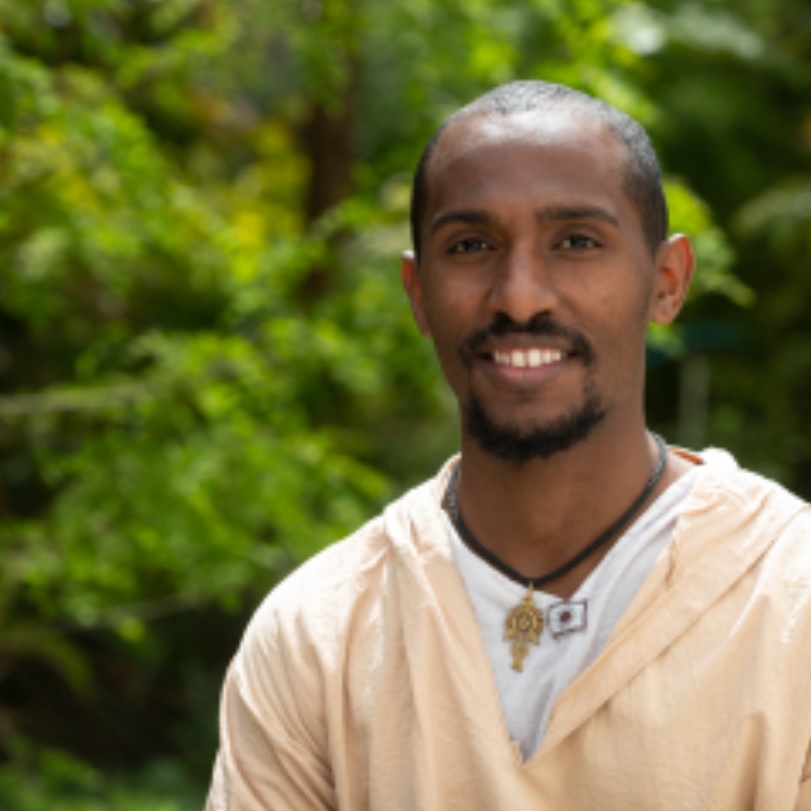The Political Economy of Knowledge Production in Ethiopian Higher Education – Webinar 2: African research and the global science system series
- Abebe Zegeye, Centre for Research and Development in Learning (CRADLE)
- Adamseged Abebe, University of Oxford
Event Materials
This event is now archived and we are pleased to provide the following event media and assets, along with the original event overview.
The speaker has provided the following recommendations for further reading, which were mentioned during the webinar:
- Changes in Ethiopia’s Political Ideology
- Revolutionary Democracy: A Terminus or Way Station for Ethiopia?

Speaker: Abebe Zegeye
Chair: Adamseged Abebe
In this paper I will draw on my experience working within, and data from, two Ethiopian universities as well as the Ministry of Science and Higher Education ( now Ministry of Education). I will focus particularly on how the state policy of ‘Revolutionary Democracy’ has affected academic research, post graduate programs and knowledge production. I will also track the expansion of Ethiopia’s universities and its implications for research and Knowledge production. The paper will be illustrated through specific case studies from Woldia and Wollo Universities. Along with personal experience and reflections on the internal problems of research and education in Ethiopia, I will reflect on the challenges of epistemology and the value-laden orientations that deprive and undermine indigenous knowledge production.
About the CGHE webinar series on African research and the global science system
This special CGHE webinar series explores the challenges facing African research in a global science system. Our four speakers bring research-informed perspectives from Ethiopia, Nigeria, Uganda and South Africa, and collectively focus on the intertwined dynamics of political economy, institutional cultures and academic mobility. Drawing on qualitative case studies, narratives and auto-ethnography, they explore the different challenges that Africa’s researchers face whilst training, working and publishing. These include personal narratives of early career researchers (Chiramba), the political economy of knowledge production (Zegeye), academic mobility and migration (Adebayo) and the role of publication requirements in academic careers (Ssentongo).
In many countries, there is a shortage of funding and time for research, and so too for doctoral supervision support. In search of funding and resources, some researchers go ‘outside’ for doctoral study, but this can reinforce academic dependency and a pejorative ‘brain drain’ discourse. The alternative is to survive material discomfort and academic precarity. University research and publishing infrastructures are often neglected, partly because academics are under pressure to prioritise international journals for their work. Drawing on debates from postcolonial theory, the series explores academic pessimism and Africa’s potential research futures.
You need to register individually for each webinar in the series. You can register for the other webinars in the series here.
Booking
You will need to register to join this webinar. Please register here


